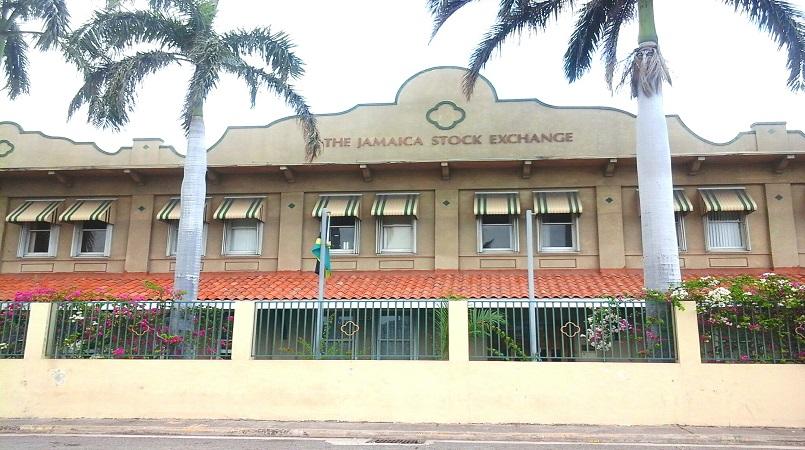Halloween might be around the corner, but the spook-fest has already started for some investors after the market pullback a few days ago.
The Federal Reserve is expected to increase rates three times in 2019, and therefore, a tighter financial market is anticipated for the foreseeable future.
This means that there will be greater competition for capital as the yield on short-term bonds increases and also contributes to falling equity prices.
Investors have reset their return requirements across asset classes, given the heightened ambiguity and rising short-term yields.
Part of the recent equity market drop was due to concerns about the intensity of the U.S.-China trade dispute. Many multinational corporations are allegedly concerned that market uncertainty will affect not only price but also earnings.
Trade tensions may not eradicate global growth but pose a threat to trade protectionism which directly impacts many corporate organisations.
The decline in MSCI World Index last week was the index’s second-largest weekly drop in 2018, although global equities remain in positive territory year-to-date.
Equity markets have seen a sharp rotation in leadership, with momentum shares under-performing. The rise in 10-year U.S. Treasury yields at the start of last week came after Fed officials’ hawkish commentary which pushed up market expectations for the path of U.S. policy rates. The rise in market yields has been driven by higher real rates and a higher term premium, often associated with increased uncertainty.
Corporate earnings are supported by sustained above-trend global growth which adds to the equities over fixed income preference as well as portfolio resilience strategy recommended. Poor Q4 performing companies risk unforgiving market sentiments straight into 2019.
While risk cannot be excluded in investing, investors are recommended to choose quality equity exposures such as companies with resilient earnings and stronger balance sheets. As mentioned earlier, investors should consider going short on fixed income corporates and private placements.
Ideally, the rise in yields should eventually point to higher returns across asset classes long-term. This shift in market dynamic reinforces SSL philosophy on building greater resilience in portfolios.
If you liked this article and want to read other great stories, try our Archives. Also if you are new to investing you can try our Investment Basics Blog.
If you want to start investing with SSL but don’t have the time to monitor the market or to conduct the trades yourself then you can choose one of SSL’s managed Financial Planning products. We offer a variety of products for every type of investor and if you are interested in managing online trades yourself and having complete control over your investment portfolio then you can try SSL’s Brokerage account.
Follow us on Facebook, LinkedIn and Twitter please leave us a review.

















